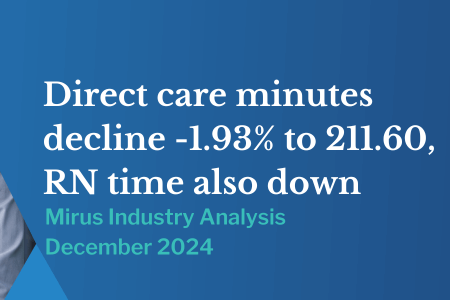Advancing Alzheimer’s understanding: The TOMORROW study
October 29, 2014 | Aged Care Management

It’s well known that there’s a risk of increased susceptibility to injuries and illnesses with old age, whether arthritis or memory loss.
While the families of affected patients and their aged care facilities can play a significant role in providing long-term assistance, any real change has to be the result of detailed studies about the root of the problems.
To ensure that Alzheimer’s is a manageable issue over the next few decades, the TOMORROW study will attempt to understand the problem.
The burden of Alzheimer’s
Alzheimer’s is one of the most disruptive and burdensome mental illnesses, as it interferes with memory, language, reasoning and even simple thoughts. According to the Alzheimer’s Association, these are the cognitive symptoms of the disease. There are also further behavioural and psychiatric issues that occur in some patients.
The behavioural changes can be some of the most difficult for families of victims to deal with, and a motivating factor for placing them in aged care facilities.
Taking action with the TOMORROW study
The TOMORROW study is a research project that aims to target the early stages of Alzheimer’s by recruiting over 5,000 healthy seniors from the US, Europe and Australia.
A new form of test will be carried out with these residents to see if it’s possible to predict the genetic risk for developing mild cognitive impairment. Commonly, this can be caused by Alzheimer’s disease.
In addition, the study is testing a new investigational medicine in delaying the symptoms of the cognitive impairment. The comprehensive nature of the undertaking should prove invaluable in accumulating Alzheimer’s knowledge.
Alzheimer’s in Australia
Dementia is a global issue. It’s currently the single greatest cause of disability for the elderly over 65 years within Australia, and the third leading cause overall.
This is according to Fight Dementia, which has also predicted a substantial skills shortage of over 150,000 (paid and unpaid) carers for those afflicted with dementia by 2029. In addition, the organisation estimated that dementia will become the third greatest source of both health and residential aged care spending within the next two decades.
In total, Fight Dementia predicted that dementia spending will account for 1 per cent of the Australian GDP.
Tackling illnesses like Alzheimer’s ahead of any growth in the elderly population is the most effective way to manage the spread of these diseases. While treatments are certainly going to be a significant amount of time away, action now will the mean the issue doesn’t deteriorate.


